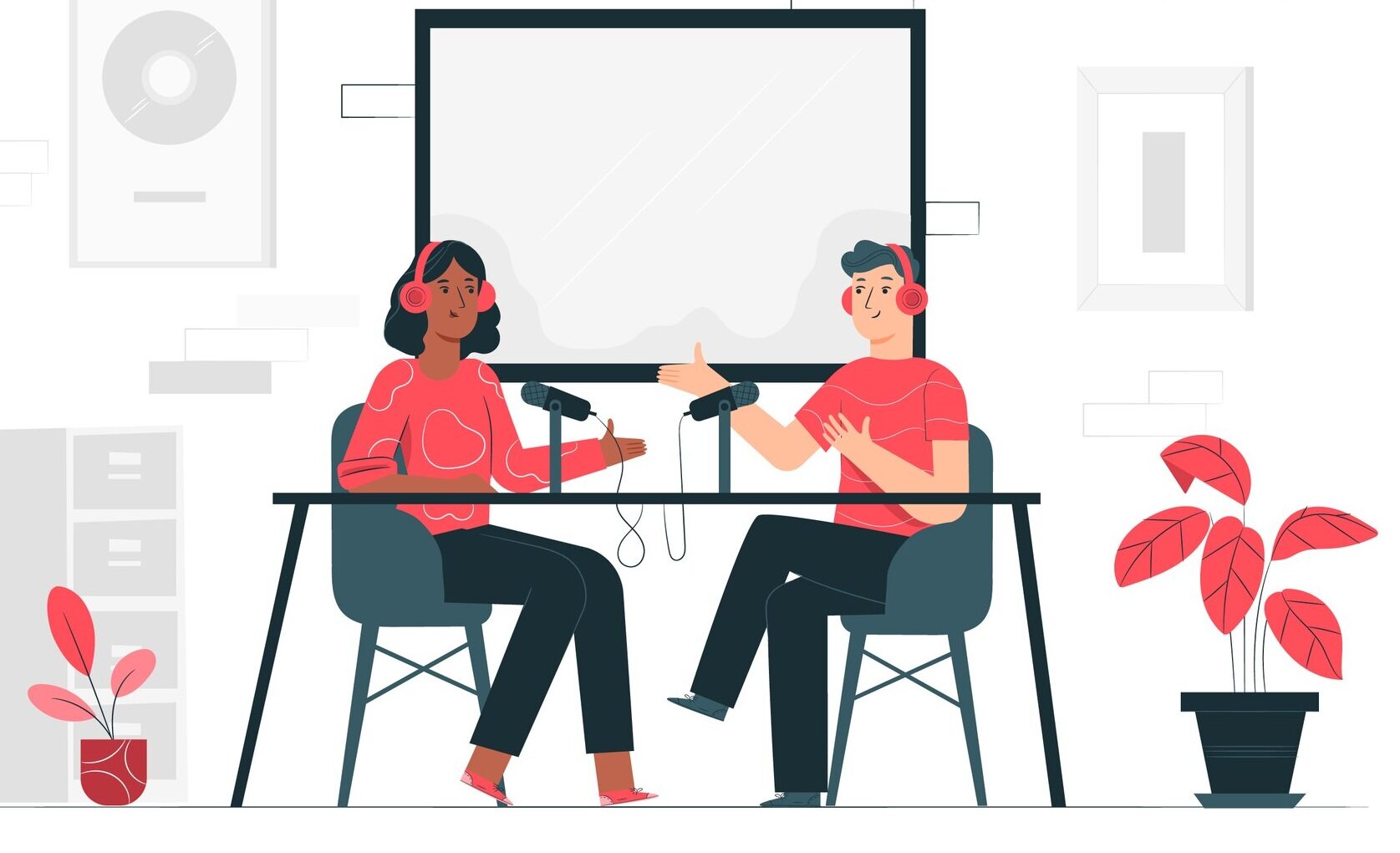Voices
In the Analysis, we have looked at statistics, learners, teachers, curricula and cultural narratives. All this information in the literature is tremendously valuable — but how does it feel?
How do these factors manifest in practice?
It’s time to make the abstract personal.

I have talked to female physicists with different perspectives on the topic who have shared their own, very personal experiences. Listen to the podcast episodes and dive into stories about learning, teaching and doing physics from a female perspective.
Episode 1: Maya and Eva
In this episode, I present two short stories I wrote based on my interviews with students and a teacher.¹ Have a glimpse into Maya’s teaching practice with her 9th grade physics class, and listen to Eva’s experience as an undergraduate student.
Episode 2: Maite
Maite, a particle physicist for medical applications, joins me in this episode to share stories about her path in physics, teaching in tertiary education, the role of self-efficacy and how she negotiates her identities of ‘female’ and ‘physicist’. We talk about women’s bathrooms, being annoying and the difference between physics and gymnastics…
Episode 3: Ulrike
My guest for this interview is Ulrike, an optical physicist and activist for gender equity at DPG, the German Physical Society. Her passion for physics is tangible as we talk about her own journey and undergraduate experiences, cultural narratives about physics and her initiative Female Physicist of the Week…
¹You may be thinking, Wait, ‘short stories’? I thought this was research! Aren’t your presenting the interviews directly?
Well, yes and no. With this group of interviewees — students and teachers — I use fictionalized narratives for qualitative research. If you want to learn more about this methodology and how I apply it, check out the page in the ‘Theory’ tab!
Click on the link to download the Short Stories in PDF format.
Credits: The music I use in the podcast is designed by Top-Flow and published copyright-free on Pixabay.


Comments are closed
Comments to this thread have been closed by the post author or by an administrator.